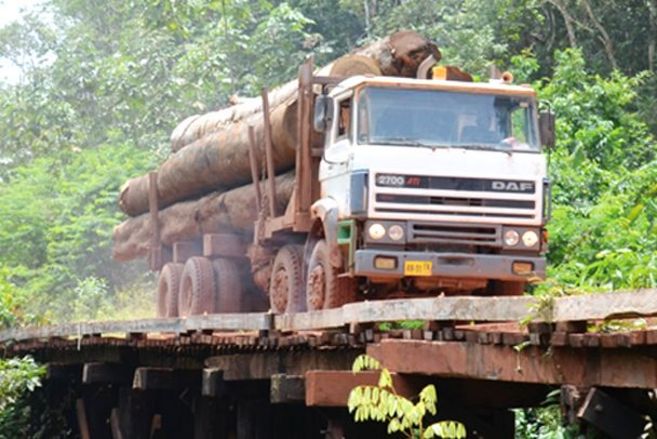The published article generates insights on the specifics of forest governance with potential for curbing deforestation and forest degradation in the Miombo.The study as well highlights the potential implications of tackling governance challenges without adequate consideration for the direct and other drivers of deforestation. This is relevant for global initiatives e.g. reducing emissions from deforestation and forest degradation (REDD+) and the climate change strategies that propose improved forest governance for curbing forest loss.
The study generates empirical evidence from 24 communities spanning three provinces Copperbelt, North-Western and Eastern in the Zambian Miombo ecoregion.
The results reveal that the direct drivers, charcoal production, crop agriculture and road extension have stronger effects on deforestation than forest governance. Those drivers also seem hardly affected by the weak governance processes. Results also show that local government institutions seem to lessen deforestation where they are more effective and with better capacities. Results further reveal that the individualised (private and customary) forests, with higher tenure security, have higher deforestation rates than communal and state arrangements.
The results suggest that forest governance can only affect deforestation drivers positively above certain thresholds. This needs to be complemented with measures that are able to specifically target direct drivers faster e.g. sustainable production systems and alternative livelihoods opportunities. The results also suggest that tenure security alone will not guarantee successful forest conservation as owners may be more oriented towards maximizing agricultural benefits on deforested lands. Tenure security needs to be complemented by rules and structures like land use plans and controls by effective institutions. Economic incentives could also make conservation more profitable than agriculture.
- Nansikombi H, Fischer R, Ferrer Velasco R, Lippe M, Kanungwe Kalaba F, Kabwe G, Günter S (2020) Can de facto governance influence deforestation drivers in the Zambian Miombo? Forest Pol Econ 120:102309, DOI:10.1016/j.forpol.2020.102309




![[Translate to English:] Logo des Bundesministerium für Ernährung und Landwirtschaft](/media/allgemein/logos/BMEL_Logo.svg)